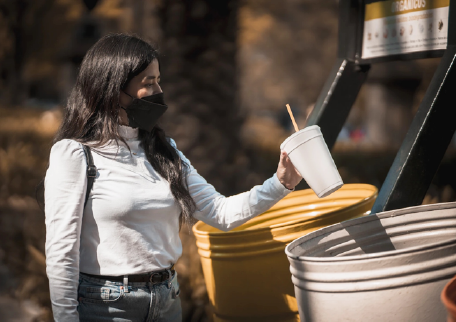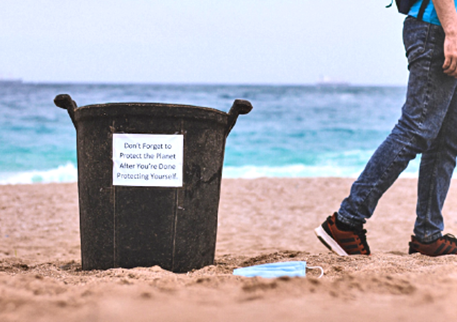Some Global, Recycling Leaders
This blog post was written by Liluye Staff Writer, Katie Hutchinson, who is a driven and compassionate environmentalist and humanitarian.
Each state in the United States handles the way they approach waste and recycling differently. Heck, within each county waste management differs. I’ve lived in places where certain trash bags were the only ones waste management would collect; none of those giant trash bags could be thrown at the corner. If you didn’t purchase the correct bag, you would be fined. Other places didn’t have any recycling whatsoever, but waste management would later have to go through the trash and separate it all into respective areas. It all comes down to where you live. This had me thinking, “how do the recycling systems I’ve grown up seeing compare with other countries in the world?” In particular, I’ve found information on Germany, South Korea, Slovenia, and Switzerland. They seem to be the leaders of waste management in terms of getting a large portion of their population to participate.
In Germany, for instance, more than 60% of the population regularly recycles, according to Brett Finney, an ecologist specializing in ecological research and management. This number of recyclers was achieved first and foremost by educating the public about the importance of recycling. The public initiatives set in place by local policy makers help to teach, train, and continuously inform the general public on what waste is, how to compost, as well as create accessible facilities for the public. Unlike many towns in the Midwest of the United States where you have to drive thirty minutes to your local recycling center, Germany makes everything more accessible when it comes to recycling, and with the prices of packaging and plastic skyrocketing, there is more incentive to do so now more than ever.
Then, in South Korea, Finney reported, they have the strictest waste recycling program in the world! Here, where thousands of tons of waste are generated daily by the millions of people that live in the capital, almost 60% of the population recycles. The country created a “Green Growth Project” back in 2009 when landfills began filling up and sending out their waste to other countries was no longer an option. They began to see the importance of teaching the public alternative methods.
In comparison, Slovenia is “the country with the fastest growth and development of recycling programs,” Finney noted. After certain types of waste became restricted in landfills in the early 2000s, the country changed the way it packages, ships, and stores items, as well as what recycling options it makes available to the public.
In Switzerland, they have another approach, and still have some improvement to do with their waste management, but they do employ “garbage detectives.” These detectives go through landfills and areas that collect waste and charge penalties to individuals who dispose of harmful materials there. They also educate people on what to do in the future so people won’t be charged and penalized for not recycling properly in the future, Finney stated.
Other European countries, like the Netherlands and France, are actually known to have separate garbage bins outside of homes, parks, and public spaces to encourage people to recycle more. Here, it’s generally known that black bins are for waste and hazardous materials, green are for organic materials, blue are for paper products, and orange are for plastics. Now, the next time you are in an area with these four bins for recycled materials, you’ll know what goes where… you’re welcome.
In addition, some countries are taking different measures to make sure the public is incorporating recycling into their everyday behavior. While some countries fine those that are not recycling properly, others are creating school programs to teach kids and families at a grassroots level how simple it is to recycle and why it’s so important. Then there are even some governments that have taken a heavy hand approach to ensure that people are recycling. Together we can learn from other countries’ practices in order to do our part to help the environment.
Post Sources
• Recycling Lessons from Different Countries in the World. Date: February 7, 2022. Written by: Brett Finney. (Ecobnb)



